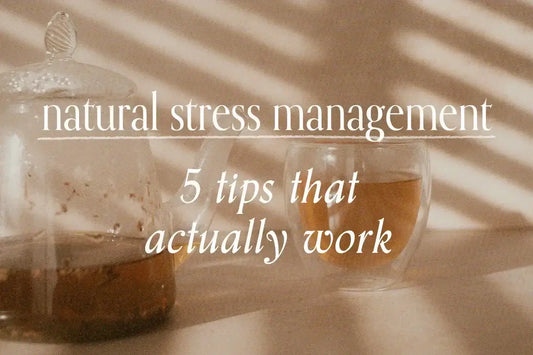The last year has been stressful, unpredictable and anxiety-inducing for many people. There’s a complicated, unhealthy relationship between anxiety and sleep. Lack of sleep can increase your feelings of anxiety and stress, while anxiety and stress in turn can prevent you from getting to sleep and staying asleep.
Anxiety occurs when the amygdala senses danger and it sends a neurological message to the prefrontal cortex, which responds by activating either your flight or fight response. Usually, the amygdala works appropriately and helps you to perceive real life danger, but for those who experience anxiety, very small stressors can provoke this function and you may find yourself running from your warm bed.
To get to sleep your mind and body need to reach a relaxed state before you can snooze off. Anxiety causes a racing mind, tensed muscles, increased heart rate and body temperature, making it much more difficult to get a good night sleep.
Here are seven tips to help you zen out and snooze your stresses away.
1. Create a bedtime ritual
Doing the same thing every night before going to bed gives your mind and body the psychological clues it needs to begin winding down and ready itself for bed. By reading a book, listening to soft music, or having a warm bath every night before sleep, you’ll help your body and mind to unwind and promote an easier journey to sleep.
2. Set aside a worry time
Dedicating an hour of the day to worry about the things that provoke your anxiety such as relationships, work, assignments, or bills, in a peaceful environment during the morning or afternoon will help you avoid restless nights of worry. This not only helps alleviate your anxiety during the night, but it also helps you react more rationally and critically as we tend to be more vulnerable and have less access to helpful resources during the late hours of the night.
3. Jot down your stresses
If you’re finding that anxiety is stopping you from sleeping at night, it’s likely that you’re worrying about something. Writing down your stresses in a journal or diary can help to move them out of your mind, and onto paper instead of staying awake all night thinking about it and how to overcome it.
4. Exercise during the day
Exercise is known to help ease anxiety, as your body produces endorphins or “happy hormones” during your workout. Additionally, it boosts your body’s production of the natural sleep hormone “melatonin” and supports a good night’s sleep. Remember not to work out up to three hours before bed as this will increase heart rate and reinforce mental and physical stimulation, affecting your ability to get to sleep.
5. Only go to bed when you’re sleepy
Avoiding the bed when you’re feeling too anxious to sleep, or just can’t seem to keep your eyes closed until you’re naturally sleepy. If you can’t get to sleep after 30 minutes, get out and bed and try doing a relaxing activity like readying a book or enjoying a herbal tea, like our Native Relaxation Tea and Native Sleep Tea which have helped thousands of people reach a relaxed state of mind and experience a good nights sleep. A cup 20 minutes before bed can work wonders on your sleep pattern.
6. Stick to a sleeping schedule
Going to sleep and waking up at the same time every day will reset your body clock and circadian rhythm. This will make your body and mind get naturally sleepy at the same time every day. When your body knows it’s time to sleep, you’ll find it much easier to wind down and have a snooze.
7. Have a herbal tea
If you find yourself unable to de-stress and finally get to sleep, try relaxing with one of our herbal tea blends. Our Native Relaxation Tea and Native Sleep Tea contain natural, native plants that are known to ease anxiety and support a deep, high quality sleep, such as the native super-plant Jilungin. We’ve officially received over 1,400 five-star reviews from customers struggling to get to sleep, not to mention our Native Relaxation Tea winning first place at the Golden Leaf Tea awards for “most functional herbal sleep tea”.





